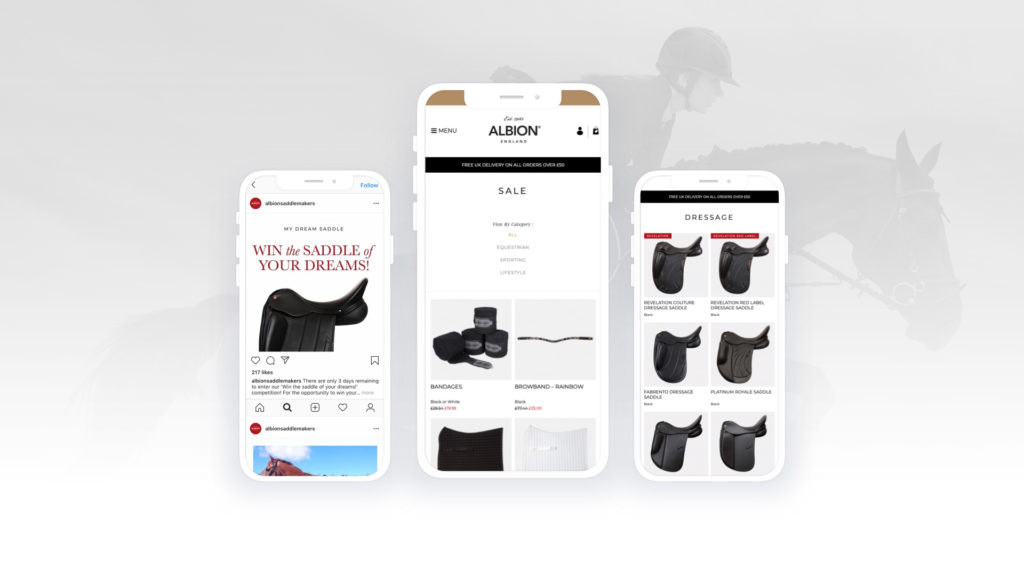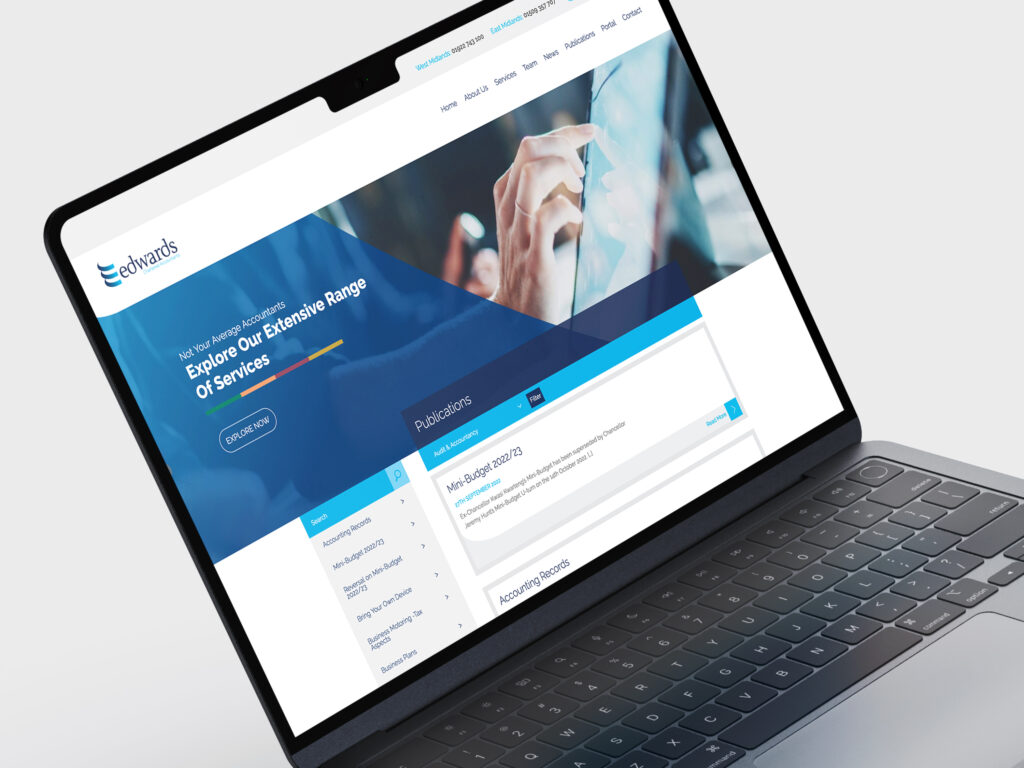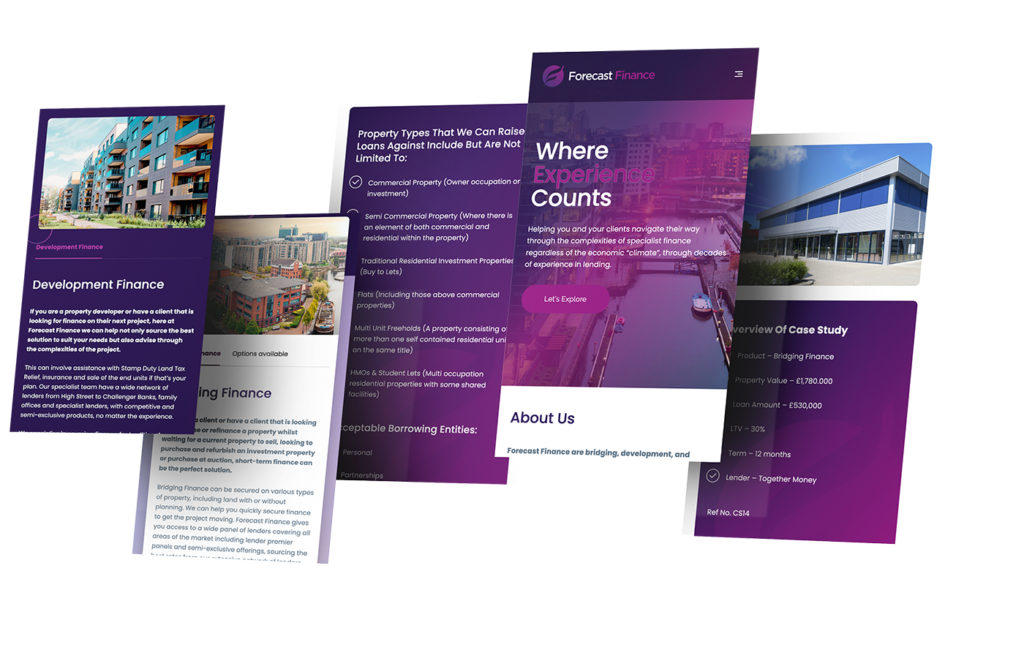When learning about data segmentation it’s important to know the following:
In any business in any sector, data is important. Data comes in many forms, whether it’s the personal information of you and your employees, the contact details of your customers, or the profit margins and outgoings of your business.
Data is what businesses need to operate, and one of the most efficient ways to organise and store this data is through segmentation.
But what is data segmentation, what is it useful for, and why might you want to utilise it? Read on for the answers to these questions and more!
THE ESSENTIALS: DATA, SEGMENTATION, AND SECURITY
Data is at the core of any business, especially in the era of the internet. As a leading digital marketing agency in Birmingham, data plays a huge role in what we do by informing us of who to contact in a variety of situations.
It also helps us see how our clients are performing in their various industries, too. From marketing to HR, payroll, and IT, data is what informs every department of every business what it is they should be working on.
Data should be the driving force behind business decisions. Data helps you to respond to market trends, identify patterns in customer behaviour, and reduce expenditure, all of which should culminate in an increase in revenue if you respond accordingly.
But with data comes complications. For one, there are security concerns, usually regarding how long data can be stored for and the ways in which it is used. For example, personal data must be collected willingly, legally, and with good reason, all of which should be outlined in your company’s privacy policy.
Secondly, data needs to be stored effectively for it to be useful, especially when you’re dealing with large databases of potential leads or existing customers. This is where audience data segmentation comes into effect.
DATA SEGMENTATION AND HOW BUSINESSES UTILISE IT
Segmentation is the process of separating and organising a database into sections based on shared factors. We’ll explain the concept through an example:
Imagine you own a national business, and therefore cater to clients from the Scottish Highlands to the sunny south coast. In this example, you might have a database of 6,000 leads.
Let’s say you had prepared a marketing campaign tailored towards potential clients specifically in Northumberland. Combing through a database of 6,000 leads, each from different parts of the country, to identify which people you should contact would take an incredibly long time.
By segmenting your data by location and storing them in separate locations, you will be able to select the “Northumberland” database and immediately send across your materials to just those people. With a full database that large, the Northumberland area might include upwards of 750 potential clients.
By doing so manually, or even using filtering tools, you could miss some of those potential leads, or send irrelevant information to a client in Sussex by accident. Plus, it could take hours of administration work, whereas a segmented database could be contacted with a single click. This is why data segmentation is so important.
Since we are a digital marketing company in Birmingham, we’ve used a marketing example, but this kind of data usage can be important for any aspect of a business.
SEGMENTED DATABASES ARE CRUCIAL FOR YOUR MARKETING EFFORTS
To effectively maintain and grow your client base, and therefore your revenue, a segmented and accurate database is key.
The beauty of a segmented database is that your data can be organised according to any number of specific factors, provided you have access to the required data.
That means you could have a database for existing clients in the automobile industry, or you might want to have a database for companies in the UK with a director whose surname is “Adams”, for whatever reason.
This helps you not only target potential leads with correct and relevant information, but also to send communications and offers to existing customers to help retain them.
If all your content is ending up the correct inboxes, your emails will be opened, and you will generate leads. Plus, if you have the right data, you could use business addresses to even send something physical to really stand out from the crowd.
GET IN TOUCH
Want to get the best out of your existing database, or looking to start fresh and kickstart a new, targeted marketing campaign? We can help. As a specialist digital agency, our email and content marketing is tailored to the needs of your business and your clients.
We can even help across other forms of marketing too, from building a brand-new website to developing your brand, our goal is seeing you succeed.
To find out what we could do for you, drop an email to info@edge-creative.com or call the office on 0121 355 8092.




















